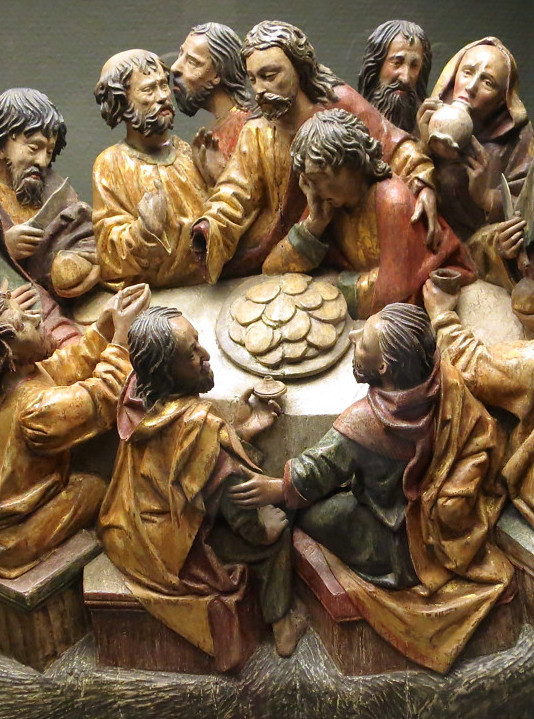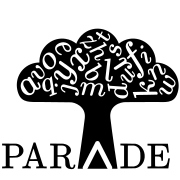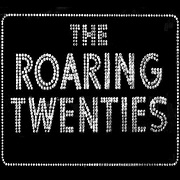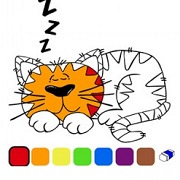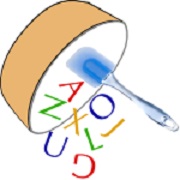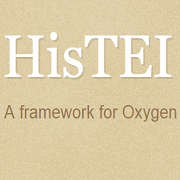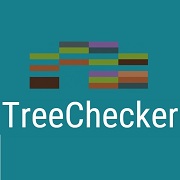Catharijneverhalen
Museum Catharijneconvent is researching how to collect personal memories about objects from its collection. We built a web application as part of the research.
Parade
A web application in which users can declare the types of words in their lexicon along with the rules to combine them, after which sentence derivations are constructed automatically.
Persistent Forking
The tool allows people to publish their game experiments. Aside from that, participants can comment on the experiments by posting their own, renewed version: A ‘fork’.
Doordenkertjes
Doordenkertjes is an app that is meant to encourage pedagogical employees to talk with each other about difficult questions. New cases and reflections are published periodically, to which people can react.
Thematical Networks
Dr. Iris van der Tuin asked the DH Lab to start a pilot to see whether there is a recent growing number of references to the twenties in contemporary philosophy. The DHLab developed tools to help answer this question.
CfH Lectures Video Archives
The DH Lab developed a clear and intuitively searchable video archive of lectures from the Centre for Humanities by leading researchers from around the world.
Coloringbook
Manuela Pinto and Shalom Zuckerman have been in need of a friendly, unbiased way to test how children and bilinguals interpret a sentence. We created a web application for this purpose.
CorpusScraper
CorpusScraper is a tool with which one can “scrape” the search results from a range of websites featuring various corpora fully automatically
HisTEI
HisTEI is an open-source framework for the Oxygen XML Editor that allows historians and historical linguists to transcribe texts in TEI in a word-processor-like view.
LimeSurvey Speech Collector
LimeSurvey allows users to quickly create intuitive, powerful, online question-and-answer surveys. The DH-lab extended the tool with an audio recording question type.
Treechecker
Genealogical data collected by laymen can be a rich source for social-economical historical research. Treechecker checks family trees for common mistakes and errors, and allows researchers to use the quality-checked data.


